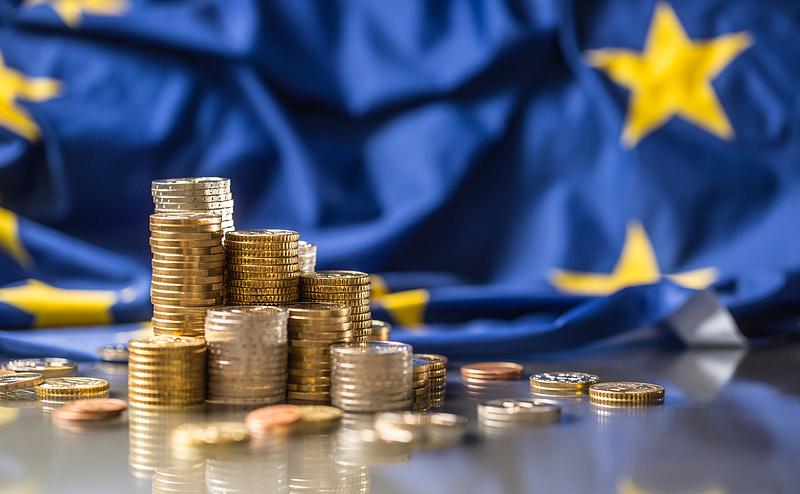
Unlocking the Future: EU-Funded Open Science Projects
Unlocking the Future: EU-Funded Open Science Projects https://opusproject.eu/wp-content/uploads/2023/09/eu_funds_money_by_marian_vejcik_dreamstime.com_.jpg 800 494 Open and Universal Science (OPUS) Project Open and Universal Science (OPUS) Project https://opusproject.eu/wp-content/uploads/2023/09/eu_funds_money_by_marian_vejcik_dreamstime.com_.jpgOpen Science, a global movement aiming to make scientific research more transparent, accessible, and collaborative, has been gaining momentum worldwide. In the European Union (EU), a host of innovative projects are driving this transformation, fueled by substantial funding and a commitment to fostering a culture of openness in research. In this article, we will explore the remarkable initiatives that the EU has supported through funding, and how they are shaping the future of scientific research.
- A Commitment to Open Science
The European Union has long been dedicated to advancing Open Science principles. The EU’s Horizon 2020 program, a research and innovation framework, allocated significant resources to promote open access to research outputs, data sharing, and collaborative research practices. This commitment has given rise to numerous groundbreaking projects across various scientific disciplines.
- OpenAIRE: Facilitating Open Access
One of the standout EU-funded initiatives is OpenAIRE (Open Access Infrastructure for Research in Europe). OpenAIRE is a pan-European effort that aims to promote open access to research outputs and data. It provides a comprehensive platform for researchers to share their findings openly, making them readily accessible to the global scientific community. Moreover, OpenAIRE actively supports the EU’s Open Science agenda by aligning with policies and initiatives that encourage transparency and collaboration.
- EOSC: The European Open Science Cloud
The European Open Science Cloud (EOSC) is another ambitious EU project that is set to revolutionize how research is conducted and shared. EOSC aims to create a virtual environment where researchers from diverse fields can access a wide array of resources, data, and tools. By fostering collaboration and data sharing, EOSC is accelerating the pace of scientific discovery, transcending disciplinary boundaries.
- FAIRsFAIR: Promoting Data Fairness
Ensuring that research data is Findable, Accessible, Interoperable, and Reusable (FAIR) is a fundamental principle of Open Science. EU-funded projects like FAIRsFAIR are dedicated to promoting and implementing FAIR data practices. By establishing standards and guidelines for data management, FAIRsFAIR is making research data more valuable and accessible to both scientists and the public.
- The Role of Citizen Science
The EU recognizes the vital role that citizens can play in scientific research. Several EU-funded projects, such as the EU-Citizen.Science initiative, are empowering citizens to actively engage in scientific endeavors. By involving citizens in data collection, analysis, and interpretation, these projects are democratizing science and strengthening the connection between science and society.
- Supporting Early Career Researchers
EU-funded projects also prioritize the development of early career researchers. Initiatives like OpenAIRE’s NOADs (National Open Access Desks) provide training and resources to help researchers navigate the complex landscape of Open Science. This support is crucial in fostering a new generation of scientists who embrace openness and collaboration as core principles.
Summarization
The EU-funded Open Science projects are not just advancing the boundaries of scientific knowledge but are also democratizing access to this knowledge. Through their dedication to open access, data sharing, and collaborative research, these initiatives are reshaping the way science is conducted and accelerating the pace of discovery.
As the EU continues to allocate substantial funding to Open Science projects, the future looks promising. These projects are not only benefiting the scientific community but also society as a whole, as they bring research closer to citizens and promote transparency, inclusivity, and innovation. The EU’s commitment to Open Science is indeed unlocking a brighter future for research and innovation in Europe and beyond.
Photo: Romania Insider
- Posted In:
- Open Science News




